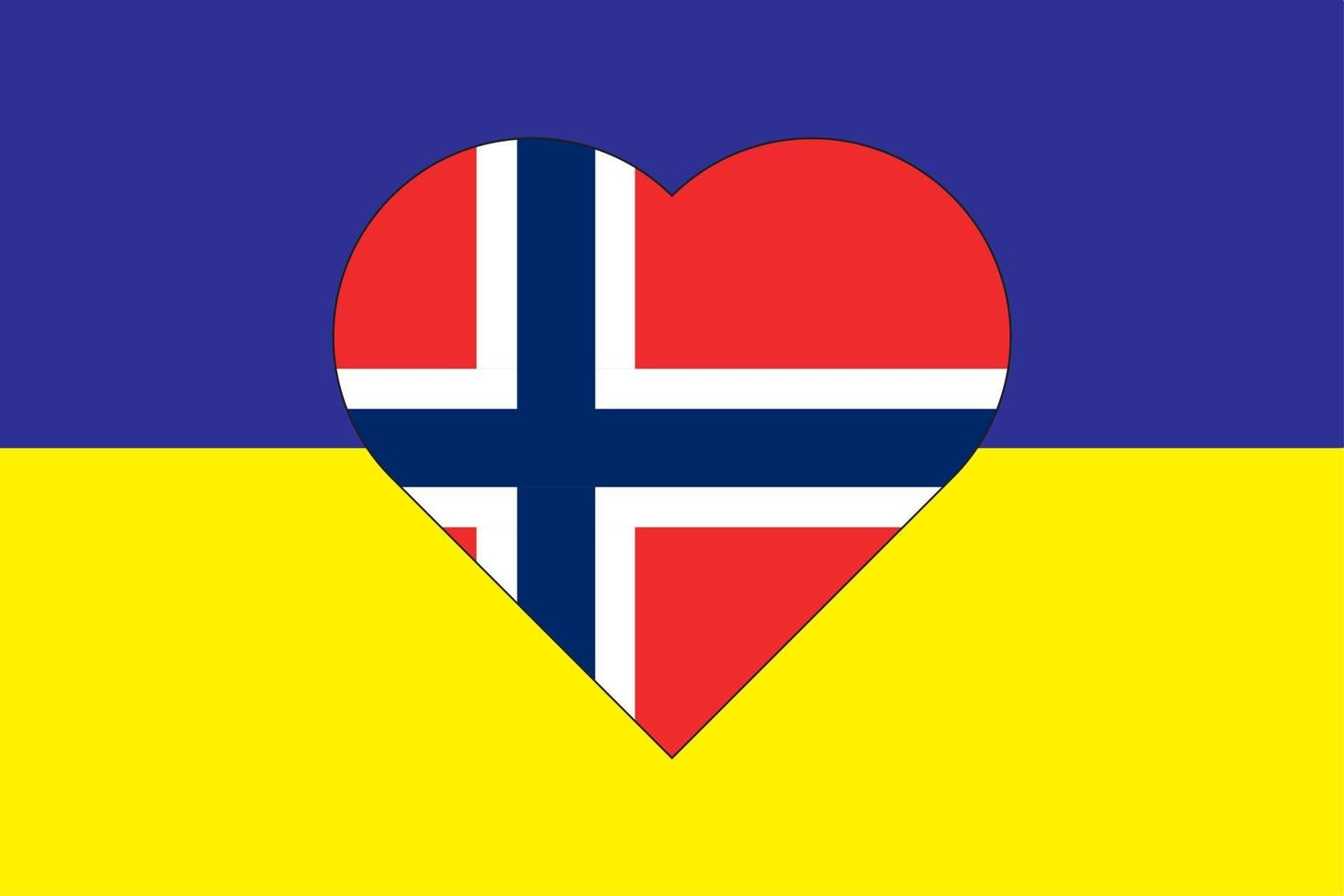- News >
- Norway Strings New Rules for Ukrainian Refugees to Live, Work, and Thrive
Norway Strings New Rules for Ukrainian Refugees to Live, Work, and Thrive

To regulate immigration and effectively integrate Ukrainian refugees, Norway has devised a plan to modify several of its existing policies. This initiative underscores Norway's commitment to supporting Ukraine with financial aid and military resources while aligning its approach with other Nordic nations. The objective is to balance the support for Ukraine with the functionality of Norway's reception systems.
Norwegian Government's Stance on Refugee Influx

Norwegian Labour and Inclusion Minister Tonje Brenna highlighted the challenges local municipalities face due to the influx of Ukrainian refugees. Brenna emphasised the necessity of modifying existing measures to sustain the quality of services provided to the refugees, ensuring a manageable and controlled intake of new arrivals.
In response to these challenges, the Norwegian government has proposed several adjustments. These include reducing financial aid to Ukrainians living outside asylum reception centres. Additionally, the government will no longer bear the expenses for the pets of new Ukrainian asylum seekers. There will also be a five-year residency requirement for free dental health services for 19 to 24-year-olds under temporary collective protection.
Furthermore, the government plans to impose a 12-month residency prerequisite for eligibility to receive a one-off benefit. This change and extending the residency period required for receiving other benefits will also impact financial allowances for spouses and cohabitants without children.
Balancing Refugee Arrival and Integration

Emilie Enger Mehl, the Norwegian Minister of Justice and Emergency Preparedness, believes these adjustments are crucial for effectively managing the refugee influx. The aim is to prevent excessive strain on local municipalities, potentially impacting Norway’s capacity to assist Ukraine.
In addition to these measures, Norway encourages Ukrainian refugees to join the workforce. The new policy mandates that Ukrainians in Norway engage in work-oriented activities at least 15 hours per week. This can be fulfilled through various forms of employment, whether full-time or part-time, as part of Norway's efforts to integrate refugees into the community and labour market. This approach supports refugees in becoming self-reliant and contributes to Norway's economy.
FAQs
What are the new regulations introduced by Norway for Ukrainian refugees?
Norway has recently implemented a series of new regulations aimed at managing the influx of Ukrainian refugees. These regulations ensure a balance between welcoming refugees and maintaining sustainable societal integration. Key aspects include stricter asylum procedures, revised criteria for temporary protection, and specific guidelines for refugees to live, work, and thrive in Norway.
How do the new rules affect the temporary protection status for Ukrainians in Norway?
The temporary protection status for Ukrainians has undergone significant changes under Norway's new rules. These modifications are designed to control the Ukrainian influx while offering refuge to those in dire need. The changes may involve more rigorous application processes, limited duration of stay, and specific conditions that must be met for continued protection in Norway.
What is the stance of the Norwegian government regarding the integration of Ukrainian refugees?
The Norwegian government emphasises the importance of a balanced approach to integrating Ukrainian refugees. This includes supporting refugees adapting to Norwegian working life and society while ensuring their arrival does not overwhelm the country’s resources. The government is committed to fair treatment of refugees, balancing humanitarian responsibilities with national interests.
Are there any specific challenges that Ukrainian refugees face under the new Norwegian asylum regulations?
Ukrainian refugees face several challenges under the new asylum regulations. These include navigating a more complex application process, adjusting to the stringent conditions for maintaining their refugee status, and potentially coping with limited financial support. Additionally, the Recognition of Prior Learning (RPL) process can be challenging, as it impacts the acknowledgement of their skills and qualifications in Norway.
How do Norwegian citizens generally respond to the arrival of Ukrainian refugees?
The response of Norwegian citizens to the arrival of Ukrainian refugees is varied. While many Norwegians are supportive and empathetic towards the plight of the refugees, there is also a segment of the population, including certain political groups like the anti-immigrant party, that express concerns about the long-term impacts of the refugee influx on Norwegian society and resources.
